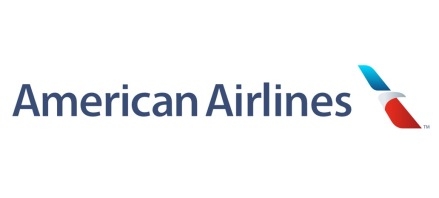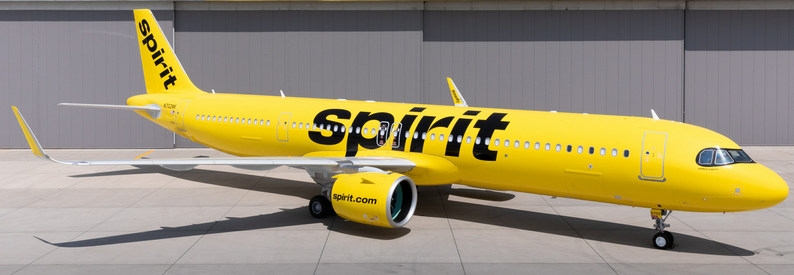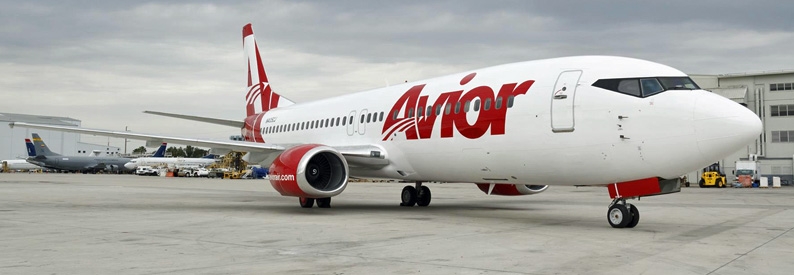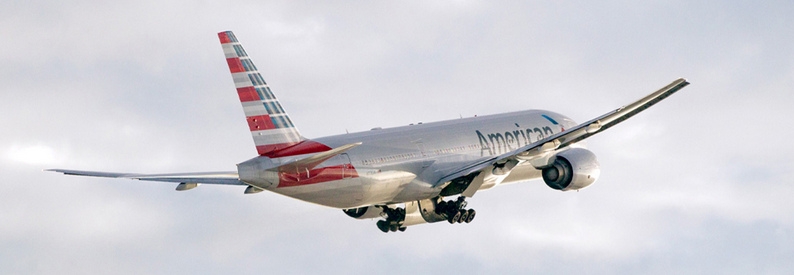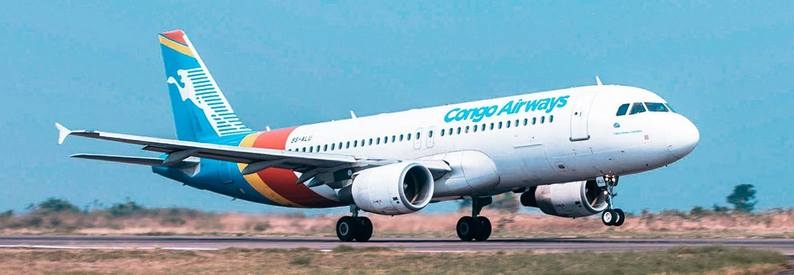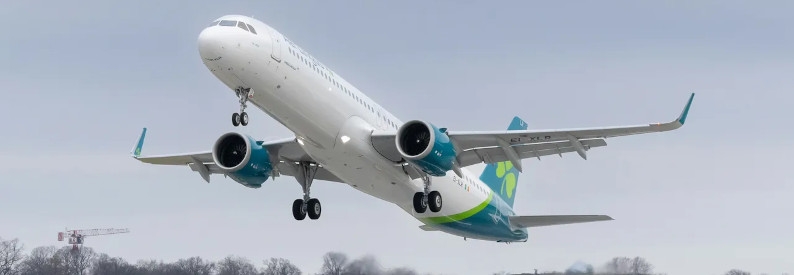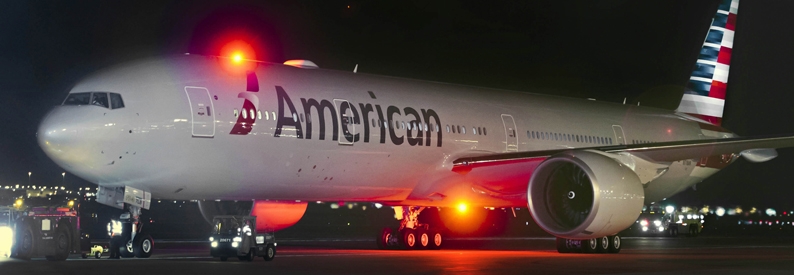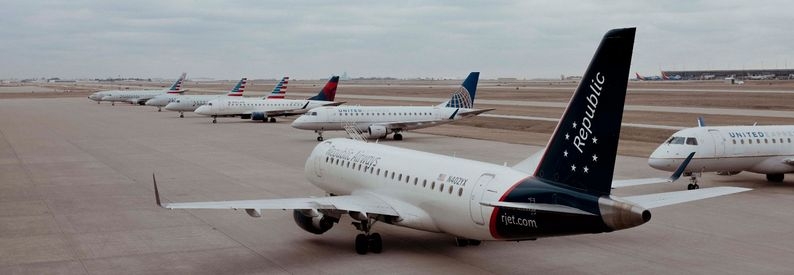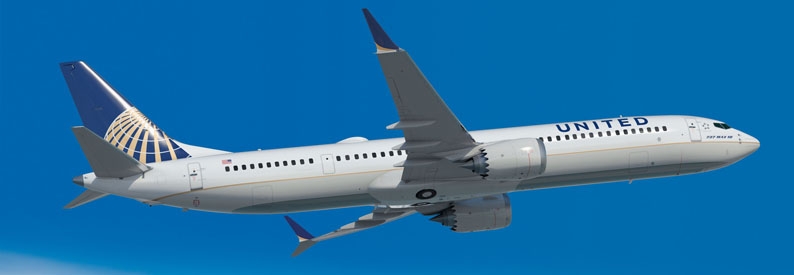American Airlines (AA, Dallas/Fort Worth) is making its second direct investment in emerging hydrogen engine technology, with the airline announcing on Monday, October 10, that it would be stumping up an undisclosed amount of cash to invest in California-based Universal Hydrogen. The airline says the investment backs up its commitment to science-based targets to reduce greenhouse gas emissions by 2035 and to ultimately achieve net-zero emissions by 2050.
“As the world’s largest airline, American has a responsibility to exercise leadership in making aviation sustainable," says Derek Kerr, American's chief financial officer. "Our investment in Universal Hydrogen represents a vote of confidence for green hydrogen as a key element of a sustainable future for our industry.”
In August, American Airlines made a similar undisclosed investment in ZeroAvia (Hollister Municipal) whose ZA2000-RJ powertrain is expected to come into service on regional jets in the late 2020s. American Airlines has said it may order up to 100 of the hydrogen-electric engines for its Embraer regional jets.
Universal Hydrogen is developing a hydrogen-capsule system for commercial aviation. According to their promotional material, those capsules can be transported like normal cargo. American Airlines say this will eliminate the need for new fueling infrastructure at airports and speed up the fuel-loading operations. Universal Hydrogen is targeting first deliveries of these capsules for use in regional aircraft sometime in 2025, with plans to target larger single-aisle jet aircraft thereafter.
"A hydrogen single aisle does not need to be a radical new design," says the startup. "Accommodating enough hydrogen for transatlantic range without sacrificing passenger capacity would add nine metres to the length of a conventional A321-200 fuselage, still keeping it shorter than the B757-300."
Other investors in Universal Hydrogen include Airbus Ventures, GE Aviation, and Toyota Ventures, while multiple airlines including Icelandair, Ravn Alaska, Air Nostrum, and Connect Airlines have signed letters of intent to roll out the technology on their DHC-8-400 fleets if it ultimately proves successful.
- Type
- Base
- Aircraft
- Destinations
- Routes
- Daily Flights
